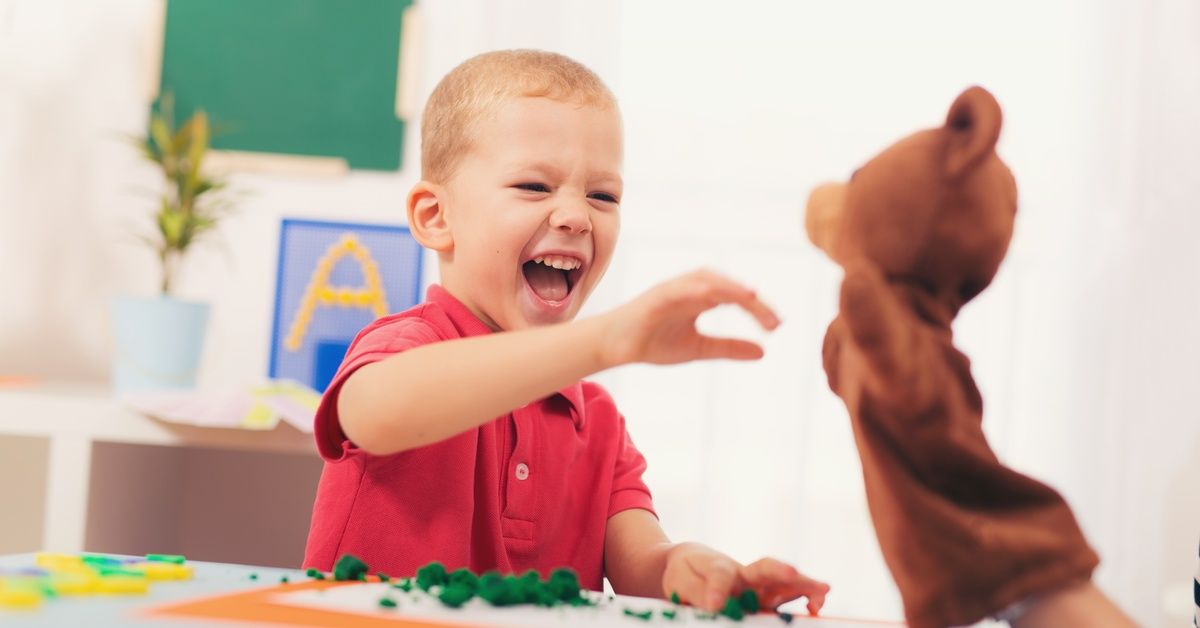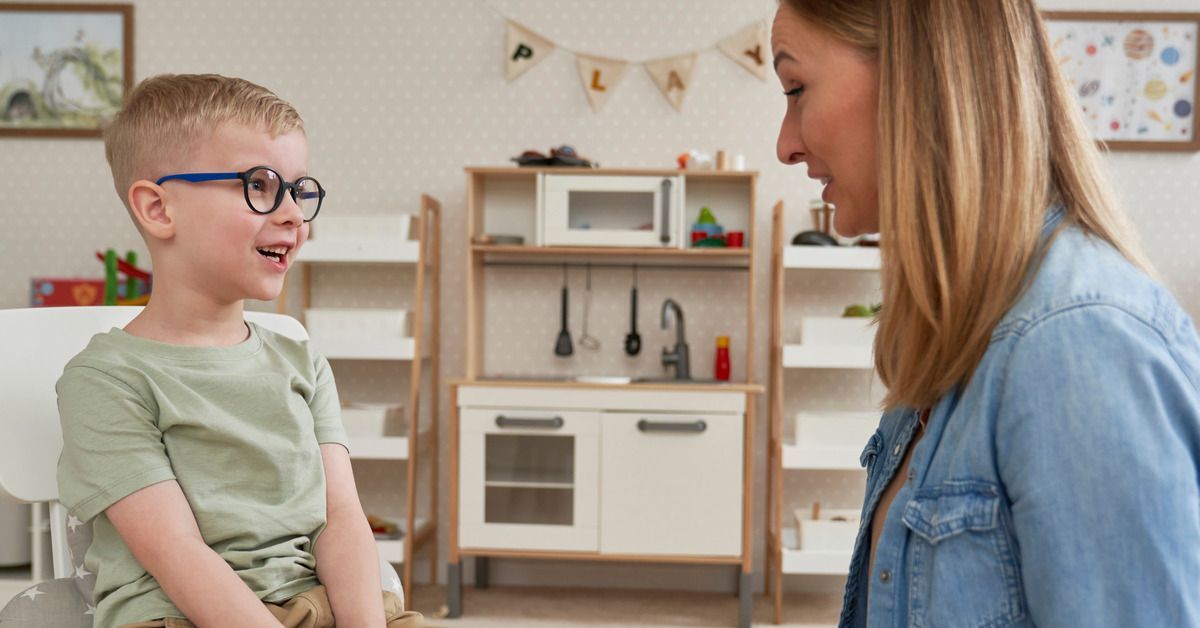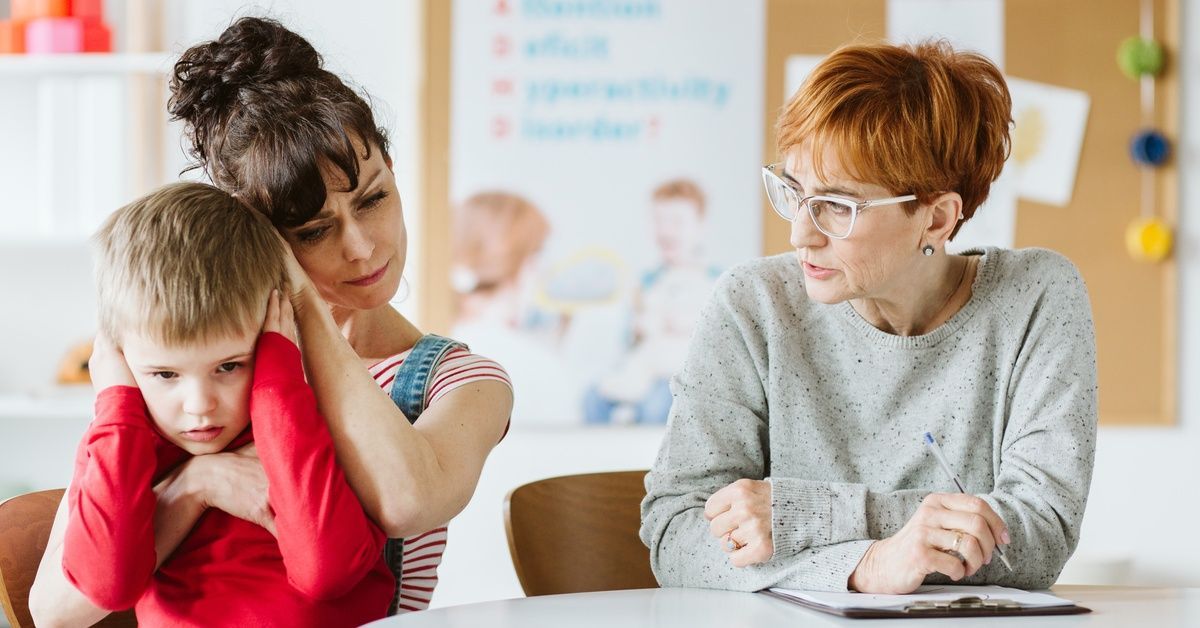How Long Does ABA Therapy Take? What Parents Need To Know
When your child was diagnosed with autism, the doctor may have recommended trying Applied Behavior Analysis (ABA) therapy to help improve skills and behaviors. As parents search the internet for answers and seek therapy centers, they might wonder, “How long does ABA therapy take?” This article will discuss what skills and behaviors ABA therapy can help improve, what techniques are used, and what to expect when working with your local registered behavior technicians.
What Kind of Skills and Behaviors Can ABA Improve?
The ultimate goal of ABA therapy is to apply learned skills and behaviors to real scenarios. ABA therapy helps us understand the child much deeper and more intimately. We can learn their learning style, how their behavior works, and how different environments may affect their behavior.
ABA therapy programs can help improve communication skills and language, decrease behavioral problems, and refine social skills, memory, and attention spans.
Common ABA Therapy Techniques
ABA therapy can be challenging, but ABA therapists and behavior technicians try to make sessions playful and fun to encourage the child to participate. There are multiple methods used in ABA therapy, all of which focus on positive reinforcement and understanding antecedents and consequences. Children with autism will be able to learn and practice their new skills every day, while parents, family members, and caregivers will also receive training to help support the child throughout the day.
What Should I Expect?
So, what should you expect from this process, and how long does ABA therapy take? It’s important to note that there is no one-size-fits-all timeline for those attending ABA therapy. Each ABA therapy center has lesson plans for each individual to meet their needs. The length of time a child participates in an ABA program depends on the child’s progress, implemented techniques, and whether the child is using ABA principles outside the therapy center. However, we typically recommend a range between 10 to 40 hours a week of ABA therapy.
HANDS Center for Autism aims to maximize your child’s learning opportunities while sharpening their social and behavioral skills. We take pride in our Registered Behavioral Technicians, who have a helping hand in steering children in the right direction.







